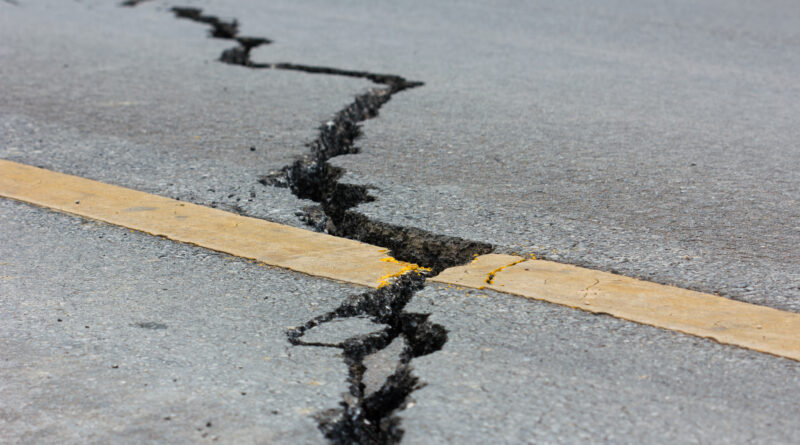The Latest Updates on the Turkey and Syria Earthquake
8,297 total views, 1 views today
Early this month, a disastrous earthquake struck southern Turkey and northern Syria, killing tens of thousands of people and causing millions of dollars worth of property damage. It’s been a week and a half now, and the initial aid efforts are winding down, so here’s an update on the situation.
When and where was the earthquake?
At 4 a.m. on February 6, the city of Gaziantep, Turkey, was hit with a devastating earthquake. The quake struck 11 of Turkey’s provinces around Gaziantep, as well as some areas of northern Syria.
This earthquake measured a whopping 7.8 on the Richter scale, something that’s not seen often. Earthquakes of this magnitude can cause significant damage to buildings and infrastructure and result in shaking lasting for several minutes, with aftershocks that can continue for weeks or months.
How much damage was caused?
Many buildings constructed with weak foundations or inadequate structural support collapsed during the earthquake. Bridges, roads, and other infrastructure have suffered significant damage, leading to disruptions in transportation and communication. In addition to the damage to infrastructure, a 7.8 magnitude earthquake can also cause landslides, tsunamis, and other secondary hazards, which can further exacerbate the impact and lead to loss of life and property damage.
Earthquakes of this magnitude are deadly in metropolitan areas, and the recorded death toll from this one has already been heavy. The most recent reported death toll for Turkey and Syria combined was 39,875, and this number will surely continue to rise as more reporting happens.
Government aid efforts
The United Nations has contributed to reparations in Turkey and Syria by sending trucks filled with food, medicine, and tents. The Turkish government’s Disaster and Emergency Management Presidency (AFAD) has been primarily responsible for coordinating aid efforts from within the country.
In addition to sending aid, government organizations are also investigating why the earthquake did as much damage as it did. Anger seems to be the growing emotion among citizens living in areas that were hit by the earthquake, as it appears that the damage was far worse than it needed to be due to improper building practices. Turkey has already ordered the suspension of more than 100 suspects who could have been involved in using poor building practices to increase financial returns.
Charitable aid efforts
The Red Cross has been one of the most active charitable organizations in supporting Turkey and Syria through this crisis. Jagan Chapagain, who serves as secretary-general of the International Federation of Red Cross and Red Crescent Societies (IFRC), said the organization is “having a 24-month perspective” about the crisis.
The IFRC is currently seeking to raise 650 million Swiss francs, or just over 700 million dollars, to continue lending support to the people of Turkey and Syria. The Turkish Red Crescent has already sent out over 5,000 volunteers to help, and they’ve together distributed over 30 million meals to families in hardship. Arab Red Crescent teams in Syria have contributed over 4,000 volunteers as well.

